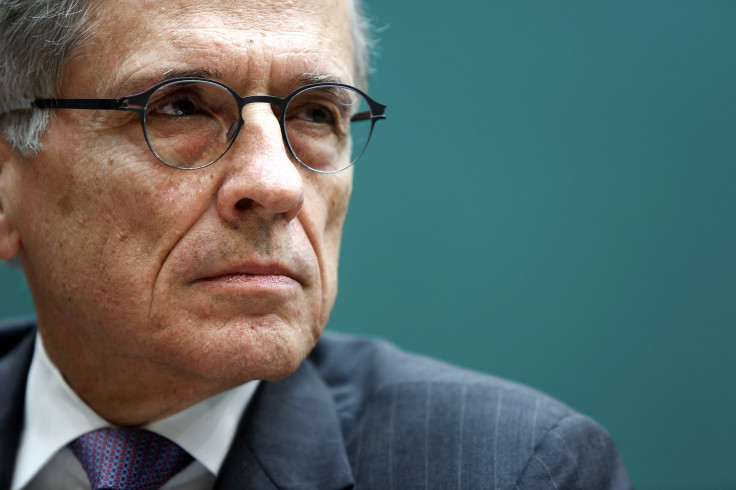FCC Chair Wheeler Hints Silicon Valley Is Going To Like Its Net Neutrality Rules Next Month

LAS VEGAS -- Federal Communications Commission Chairman Tom Wheeler hinted today that Silicon Valley is going to get a lot of what it wants out of new Net Neutrality rules, saying that he doesn’t foresee companies being able to pay for so-called internet “fast lanes.”
The chairman said the Commission will present its proposed rules for comment on Feb. 5 and vote on them Feb. 26. While the Commission is still working on the rules, he said they’re down to the “short strokes.”
The debate of Net Neutrality pits the tech industry and web content providers like Netflix against cable and telco ISPs, which in most U.S. markets have a monopoly in providing broadband Internet to homes. Wheeler strongly hinted today that ISPs will be regulated under the principles of Title 2, which would classify them as a utility. President Obama threw his support behind that approach last month, and while Wheeler wouldn’t rule out some scenarios where ISPs could prioritize content -- such in cases of emergency -- he hinted that those would be narrow.
“I think all along we have recognized there are some instances where prioritization makes sense but there are many other instances where you can buy your way into a better position with deep pockets that we want to look askance at,” Wheeler said, in a talk at the International Consumer Electronics Show in Las Vegas.
It's unclear where that leaves Netflix, which has done paid deals with Verizon and Comcast to assure high-quality service to homes.
Wheeler said he believes we are living through the fourth great network revolution -- the printing press, railroads, the telephone, and now the internet -- and we’ll spend the next 50 years figuring it out. He held out the Internet of Things exhibitors at CES as examples of the need for open access.
“If you walk the floor [of CES] the thing that jumps out at you is the Internet of Things opportunities demand open networks,” he said “ISPs offer competing services. How do you make sure that pathway stays open? How do you do it in a way that the ISP has an opportunity to get a fair return on investment?”
The FCC’s approach has been to stimulate competition both among the tech and content industries as well as ISPs themselves. But the reality is less than a quarter of U.S. households have a choice in broadband.
“The whole open internet issue is two challenges -- first you want to make sure innovators and consumers have open access to the networks. Then you want an environment that creates sufficient incentive for ISPs to build better networks,” he said.
He made the comparison to U.S. wireless networks, which were regulated under Title 2 20 years ago. “The wireless industry has been monumentally successful with billions in investment as a Title 2 regulated industry.” But he said it would be adapted for wired broadband: “There is a way to do title 2 right and say there are many parts that are inappropriate.”
© Copyright IBTimes 2024. All rights reserved.






















